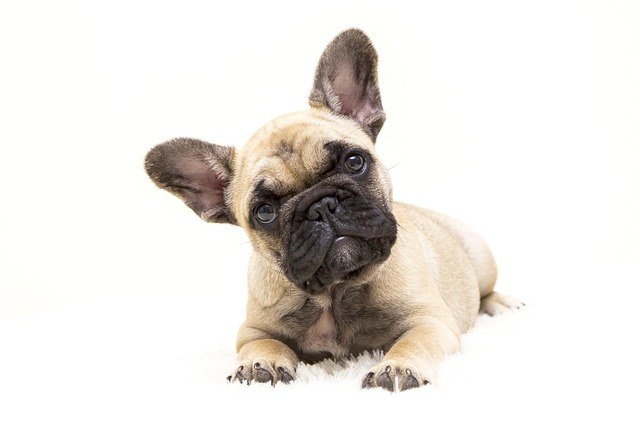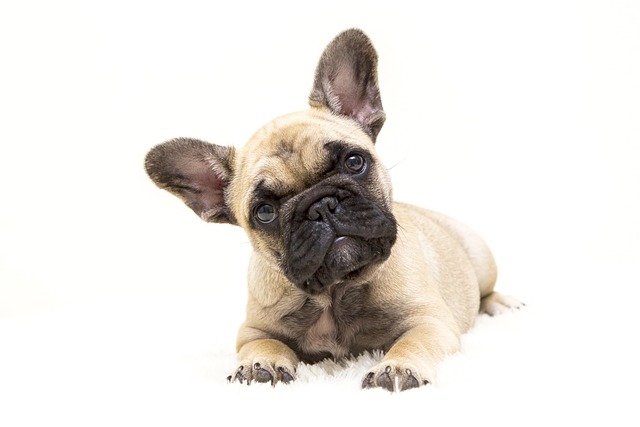
What is glaucoma in a dog?
You might notice your dog squinting more at mealtime or avoiding bright sunlight—these small changes could be early signs of a serious eye condition.
Parvo is a tough virus, but once a puppy fights it off, something changes in their body. Most vets agree that surviving parvo usually gives a dog long-term immunity—think of it like a super-strong shield that sticks around for years, maybe even life. But “usually” isn’t a guarantee, and that’s where pet owners need to stay sharp.
A few rare cases have popped up: puppies that beat parvo, only to test positive again months later. Why? Sometimes their immune systems are extra weak, maybe from another illness or poor nutrition. Other times, the initial infection didn’t fully clear, lying low before flaring up again. These instances are uncommon, though, so don’t let fear take over—just stay cautious.
Vaccines play a huge role in keeping that shield strong. Even after surviving parvo, vets often recommend finishing the standard vaccine series. Skipping those shots? That’s when risks creep in. In many places, keeping dogs up to date on core vaccines like parvo isn’t just smart—it’s required by local laws, especially in areas with high pet populations.

 Think about busy dog parks or downtown sidewalks where unvaccinated strays might linger. Those are hotspots for parvo, which can live in soil or on surfaces for months. A puppy with waning immunity could pick it up again there, even if they’ve had it before. That’s why regular check-ups matter—vets can test antibody levels to make sure protection is holding.
Think about busy dog parks or downtown sidewalks where unvaccinated strays might linger. Those are hotspots for parvo, which can live in soil or on surfaces for months. A puppy with waning immunity could pick it up again there, even if they’ve had it before. That’s why regular check-ups matter—vets can test antibody levels to make sure protection is holding.
Symptoms the second time around might look different, too. Instead of severe vomiting or diarrhea, it could be milder, easy to mistake for a stomach bug. Catching it early is key, so trust your gut. If your pup was sick with parvo before and suddenly loses appetite or seems lethargic, call the vet right away.
Prevention still beats dealing with parvo at all. Keep unvaccinated puppies away from high-risk areas until their shots are complete. Disinfect toys and crates with a bleach solution—parvo hates that. And remember, many communities have strict rules about reporting parvo cases to local animal control, helping stop outbreaks before they spread.
At the end of the day, while getting parvo twice is rare, it’s not impossible. Sticking to vaccine schedules, staying on top of hygiene, and knowing your pup’s normal behavior are your best tools. With those in place, you’re not just following the rules—you’re giving your furry friend the best shot at a healthy, happy life.

You might notice your dog squinting more at mealtime or avoiding bright sunlight—these small changes could be early signs of a serious eye condition.

Let’s set the scene: It’s a sweltering Phoenix afternoon—105°F outside—and you rushed your 2-year-old Lab mix, Cooper, on a quick walk to “get it over with.”

Let’s get real: You’re in your Miami apartment, watching your 3-year-old Corgi, Loki, struggle to climb the stairs to your second-floor unit.

Many dog owners brush off occasional scratching as just “dog behavior,” but persistent itching often signals something more—like a food allergy.

You might first notice your dog scratching more than usual—chewing at their paws until the fur looks thin, or rubbing their face against the couch nonstop.

Let’s be real: You’re standing in your Chicago apartment, watching your 3-year-old Beagle, Max, huff and puff just to climb onto the couch.